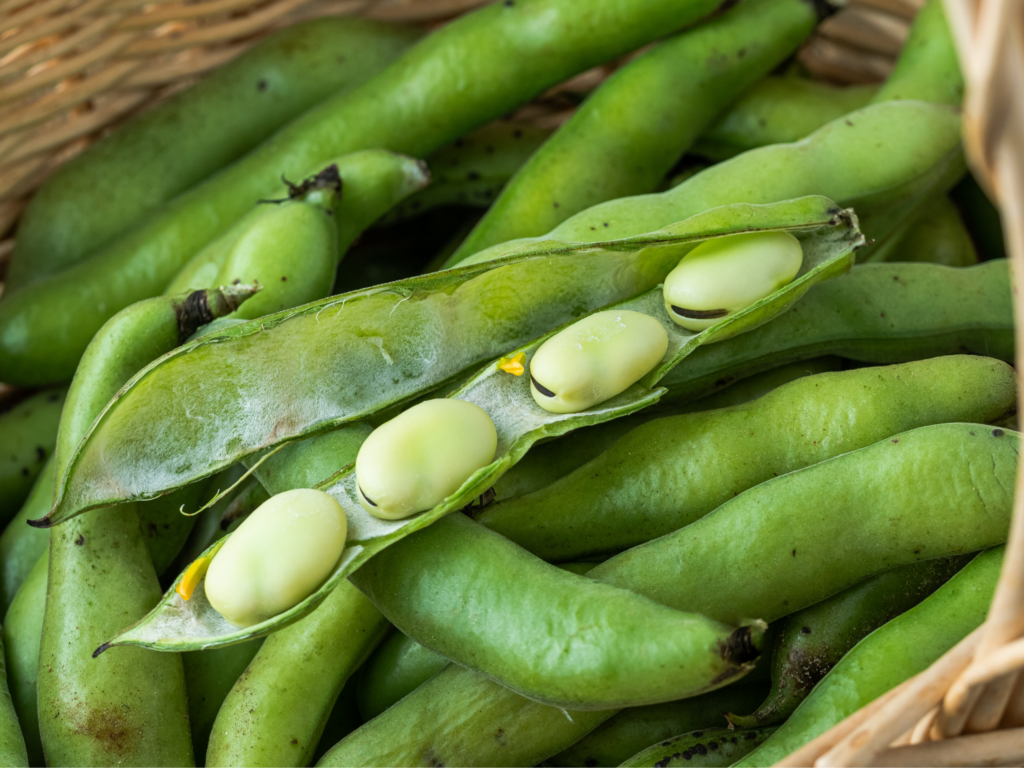
Protein Industries Canada has contributed to a C$32.5M ($24M) project where two local startups will create future-friendly proteins from fava beans and mycelium.
The Canadian government is deepening its bet on alternative proteins, with one of its innovation clusters supporting a new initiative to develop foods from fava beans and mycelium.
Protein Industries Canada has invested C$6.6M ($4.8M) in the C$32.5M ($24M) project, which will be led by plant-based producer Phytokana Ingredients and mycelium protein player Maia Farms. The rest of the funding will come from industry partners.
“As countries around the world look to secure their own food supply chains and diversify protein sources, plant-based ingredients, such as those that are being developed by Phytokana and Maia Farms, are becoming increasingly in demand by our trading partners,” said Lisa Campbell, senior programmes director at Protein Industries Canada.
“Projects such as this one, which help capture the economic value of creating those ingredients domestically, also position Canada as a preferred trading partner in a competitive and quickly changing world,” she added.
Maia Farms to upcycle Phytokana’s fava beans into mycelium ingredients

According to Protein Industries Canada, the project will bring together farmers, processors, and food tech players to boost the domestic value chain for fava beans. Further, it will bring superior products to global consumers.
Phytokana, which is headquartered in Alberta, will use its heat- and chemical-free technology to process novel fava bean varieties into a protein concentrate, starch flour, and fava flour with enhanced taste, texture and nutrition. These are said to retain their natural functionality for use in dairy alternatives, plant-based meat, and other foods.
“Our native functionality and superior sensory fava ingredients are the culmination of research and innovation in collaboration with some of the world’s leading food and beverage companies,” said Phytokana CEO Chris Theal.
Vancouver-based Maia Farms, meanwhile, specialises in upcycling flours into biomass-fermented proteins with better digestibility and functionality. Phytokana will supply Maia Farms with fava bean ingredients, which the latter will use to create mycelium proteins.
“Maia has established commercial partnerships from coast to coast, building the infrastructure to establish Canada as a leader in mushroom-based protein ingredients and fermentation technology” said Maia Farms CEO Gavin Schneider.
“Maia’s ingredients for food manufacturers are nutrient-dense, sustainable, and delicious. With the support of Protein Industries Canada, Maia will further advance its biomass fermentation technology, upcycling Phytokana’s fava ingredients into value-added, sustainable ingredients. We are grateful to expand this valuable partnership.”
“This contribution from Protein Industries Canada primarily supports the direct investment into our custom-designed process flow, overlain with automation and advanced predictive process controls that serve to deliver value-added, sustainable and consistent quality food ingredients to global markets,” Theal said.
Phytokana is already working on securing more funding to build a fully automated dry fractionation facility near Strathmore, which would be able to produce 30,000 metric tonnes of product annually.
Protein Industries Canada a leading supporter of future foods

Protein Industries Canada, a public-private partnership working to tap into the $25B opportuntiy of increasing value-added production of domestic protein crops, has invested hundreds of millions over the years in sustainable food projects. It aims to create new markets for Canadian crops, generate local employment, and support economic development nationwide.
Its previous investments in fava bean include a project to develop high-protein ingredients with Griffith Foods, BFY Proteins, Botaniline and Faba Canada, and another to optimise and use pea and fava protein ingredients with Lovingly Made Flour Mills, TMRW Foods and Dutton Farms.
In addition, the cluster has pumped in C$4.87M ($3.6M) in a pilot project with Louis Dreyfus Company and the Seven Oaks Hospital Chronic Disease Innovation Center to meet the demand for better-tasting and more nutritious pea protein. Another $4.3M ($3.1M) went to a scheme to boost the national specialty soybean market, led by NRGene Canada, Pulse Genetics, Hensall Co-op, and Yumasoy Foods Ltd.
Protein Industries Canada has also been working on bilateral projects. It announced two initiatives with Innovate UK to create plant-based meat ingredient solutions and nutritionally superior vegan products last November, and has signed a strategic partnership with Nurasa, Singapore’s food innovation platform, to fast-track the entry of Canadian plant-based companies into the city-state and Asia-Pacific.
Canada is one of the leaders in state-led financing for alternative proteins – in 2023, it topped the list, thanks primarily to a $112M outlay by Protein Industries Canada. In fact, unlike the US or the UK, public funding represents a much larger chunk of food tech funding in Canada (30%), and analysis shows that plant-based food accounts for 12% of all investments in the category, making it “central to the country’s broader food tech ecosystem”.
“By harnessing innovative technologies and capturing the full potential of Canadian crops, we are strengthening Canada’s position as a leading global supplier, opening up new markets and creating high-quality jobs for Canadians,” said Mélanie Joly, the federal minister of industry, who is also responsible for economic development in Quebec
“With support from Protein Industries Canada, one of Canada’s global innovation clusters, this project will deliver sustainable food products with increased traceability, helping Canada achieve its environmental goals while strengthening consumer confidence,” she added.
The post Canada Invests in $24M Project to Create Fava Bean & Mycelium Protein Ingredients appeared first on Green Queen.
This post was originally published on Green Queen.